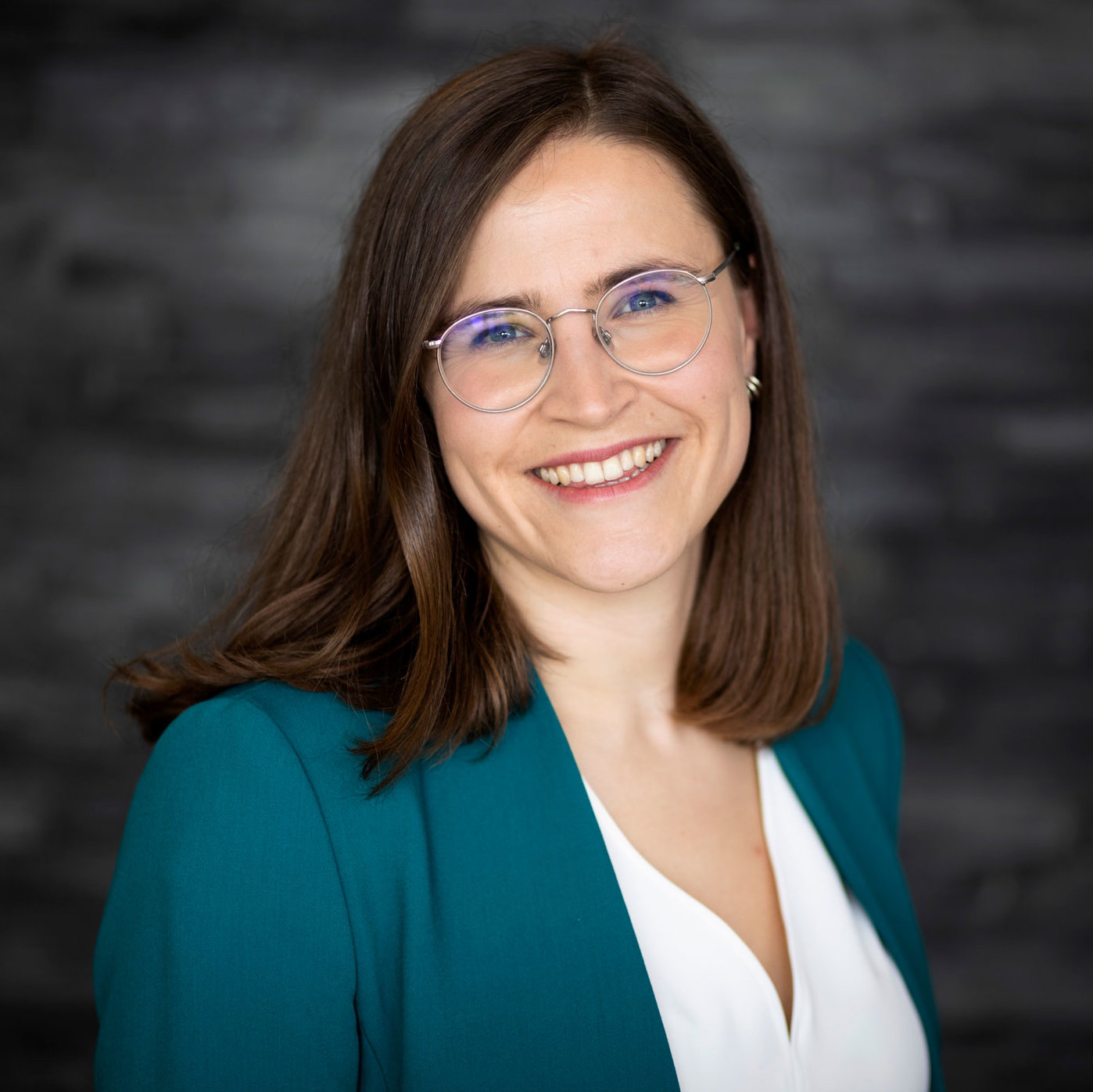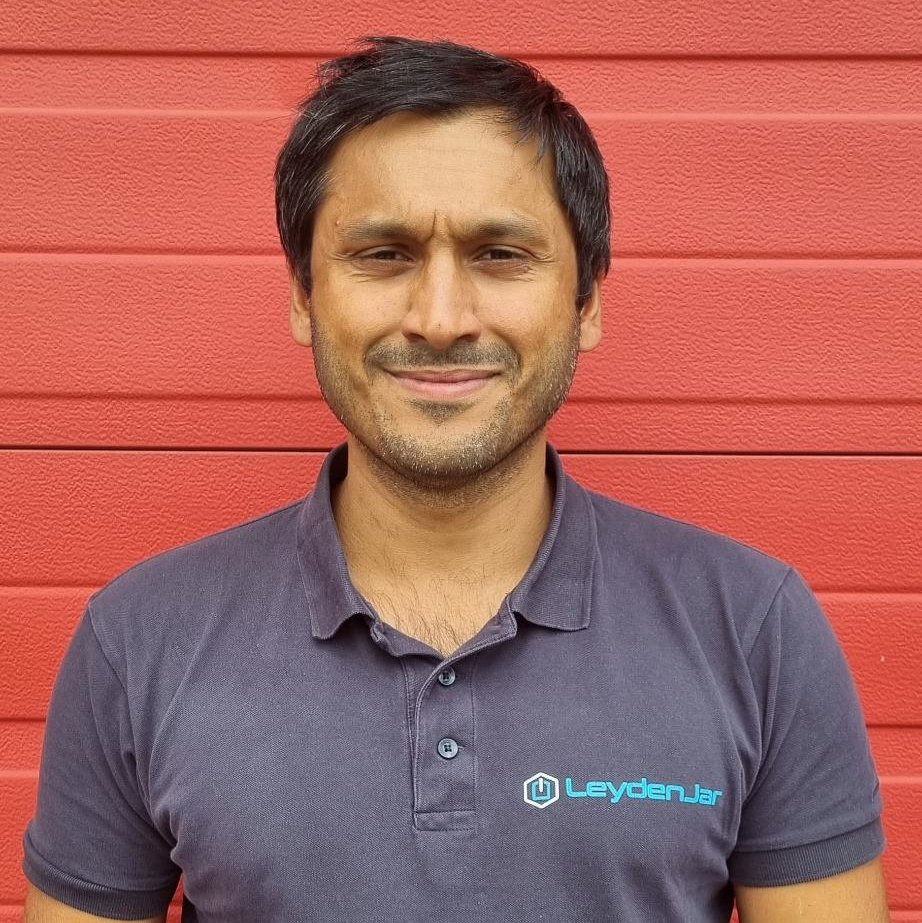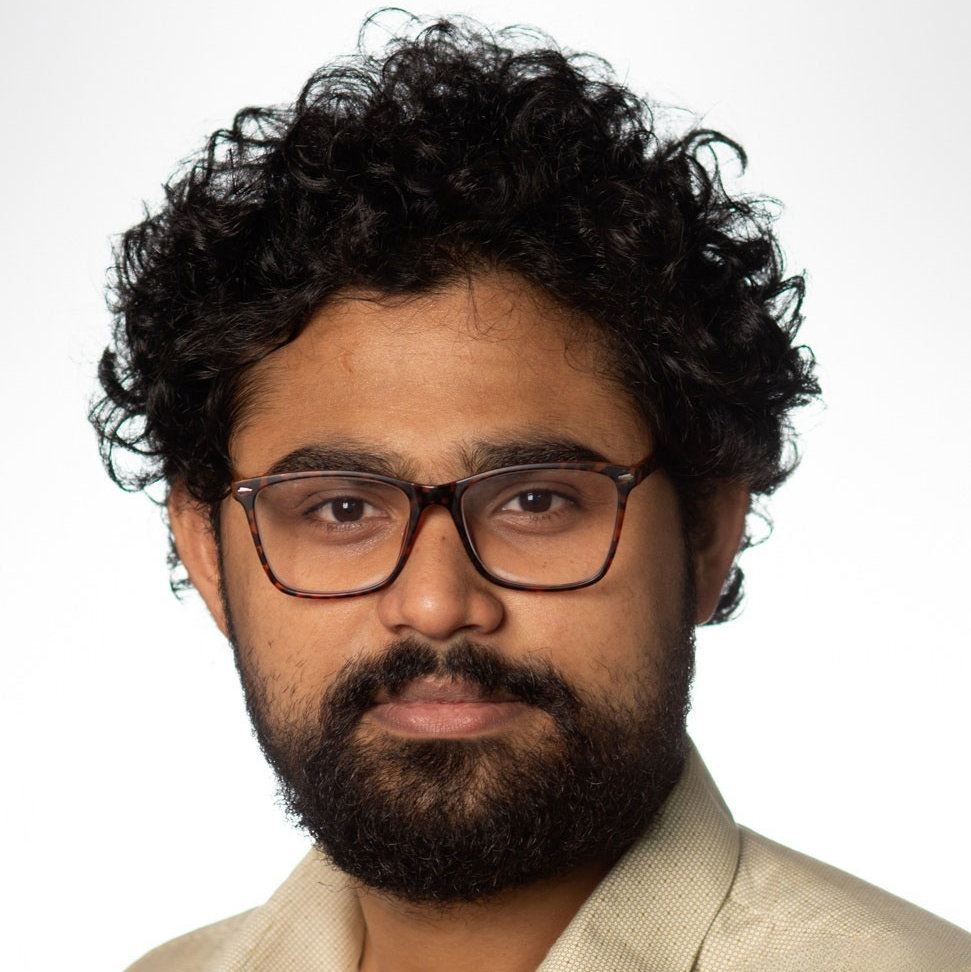Student experiences
After a BSc in Mechanical engineering and an internship in materials science at CERN, I realized materials science was the perfect balance between fundamental science and engineering for me. Another advantage for me was the tight community at Delft, which allows for close interaction with peers and research staff. At CERN I learned about the specific challenges for materials in nuclear applications. Even though there was no pre-defined nuclear specialization, the MSE department provided the flexibility and support to pursue this interest and define my own personal master's track in nuclear materials.
There was support from professors who helped compose and review the track. By sharing their own connections in the field. I was also able to learn about nuclear materials research at other research institutes. I feel like I got a good balance between critical feedback and support to grow as an individual and to prepare for both a career in science as well as a career in industry.
At the moment I am working in materials science at the Nuclear Research and consulting group. My job is the scientific coordination of materials irradiation campaigns, as well as developing new measurement techniques. The projects are both in industry and research. What I like about my work at the moment is that I am working on different materials and different measurement techniques. Having the support from technicians who perform the actual measurements, means that we are able to work on several projects simultaneously while generating substantial amounts of experimental data.
Courses that I enjoyed a lot were "Society’s Needs: case studies and materials challenges", where my group chose to do a project on replacing cadmium in paint pigments. I also liked advanced research methods, learning about all the different microscopy techniques and doing the practical work in the laboratory’s, having close interaction with the researchers at the same time. An important memory for me was the excursion to CERN with the Tubalkain study association, during these types of Tubalkain activities I made friends who I still see regularly, some of whom have even become my colleagues at NRG!
I chose to pursue a Master’s degree at TU Delft based on the worldwide reputation of the Materials Science department which is built on high-quality research and strong industry links. The university's forward-thinking focus on sustainability, as reflected in its cutting-edge research, course work and societal impact made the choice easy.
I completed my Master of Material Science and Engineering in 2020. During my studies, I had a clear vision of working in the field of clean technologies and TU Delft provided the perfect platform for me to pursue my passion. The subjects in the Materials for Sustainable Development specialization formed a solid foundation for entering the Clean Tech industry.
At TU Delft, I forged lifelong friendships initiated through orientation weeks, course subjects and being a member of the Tubalkain study association. The university provided a supportive and inclusive environment with a diverse student body that coalesced around my enthusiasm for making a positive impact on the world. Collaborating with my peers on various projects in subjects like Metals Science and Society’s Needs, for example, strengthened not only our academic abilities but also our bonds as friends.
I had the privilege of serving as the External Affairs Commissioner for Tubalkain. In this role, I was given freedom and support to organize events like industry visits and an alumni reunion. High interest and participation rates among both alumni and students during these events really highlighted the lifelong bonds and community that TU Delft fosters, as well as the brand the university creates.
During my thesis, the university's commitment to fostering independent thinking and self-reliance played a crucial role in my personal and professional development. The university utilized a partnership with the European EIT Raw Materials Conference and industry links to help set up my project. The project not only allowed me to delve into the specifics of mining industrial waste but also expanded my network within partner companies such as Umicore, Tata Steel and Nyrstar. TU Delft encouraged me to take ownership of my research and the problem-solving process. This intentional strategy reflects the university's belief in its students' abilities to overcome challenges and thrive in real-world scenarios.
In my current role as Lead Scientist at LeydenJar Technologies, I work with scientists from various backgrounds to develop the next generation of Li-ion batteries. The material science knowledge, confidence and adaptability developed during my time at TU Delft have positioned me well to work on this world-changing technology.
Enrolling in a Master's program was a journey of self-discovery for me. While I was certain about my interest in science, I found myself captivated by numerous fields. The Materials Science Master's program proved to be the perfect platform for me to explore different disciplines and uncover my true passion.
Initially, I envisioned myself as an experimentalist, hoping to minimize my involvement in mathematics. However, the program at TU Delft empowered me to create a custom specialization aligned with my goals, thanks to its broad foundational courses. During my studies, I embarked on a fascinating exploration, transitioning from organometallics to delving into the theoretical interpretations of quantum physics. To gain hands-on experience in experimental research, I secured an internship at Utrecht University, where I synthesized nano-silica particles. This opportunity allowed me to witness the practical application of my knowledge. Additionally, I undertook a course that granted me access to the clean room, providing valuable insights into the transformation of silicon wafers.
Nevertheless, my life took a transformative turn when I enrolled in the computational materials science course. The world of simulations captured my heart, and I was instantly enamoured by its potential. This newfound passion led me to pursue a Master's thesis focused on utilizing neural networks to enhance material stiffness through structural optimization. The success of this thesis propelled me into my current endeavour—a PhD project that combines artificial intelligence and structural optimization. I attribute my ability to find my true calling to the flexibility and student-centric approach of the department. By tailoring my specialization and exploring various avenues within materials science, I discovered my deep affinity for computational approaches.
This pivotal experience has set the course for my academic and professional journey. In summary, my Master's program in Materials Science served as a transformative period of self-exploration. It allowed me to navigate diverse disciplines, culminating in the realization of my passion for simulations and computational materials science. The flexibility and support offered by the department empowered me to find my true path and embark on a fulfilling PhD project that merges AI and structural optimization. I am grateful for the invaluable experiences and opportunities that shaped my trajectory and enabled me to uncover my authentic self.


